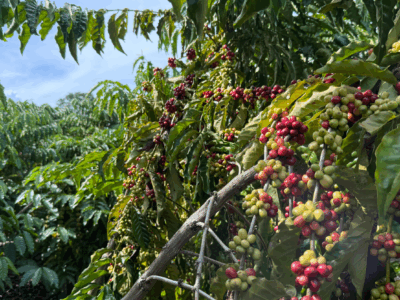Climate Change Lesson #6: Every Crisis is an Opportunity
This is the sixth in a series of short homilies about the lessons of climate change.
It’s not clear who first observed that every crisis is an opportunity. Probably it’s in the Bible somewhere, if not the story of Gilgamesh. But a crisis, painful as it may be, does present opportunities for innovation.
In the case of climate change, the most obvious opportunity is to develop a new, environmentally cleaner energy system. For that reason, my colleague Dan Kammen has called for at least a five-to-tenfold increase in federal energy annual R&D spending over 2008 levels. A tenfold increase in spending would deliver, over a decade, more than $150 billion for federal energy R&D. This vision of a new, clean energy economy, isn’t just held by academics and Democratic politicians — investors have poured money into Silicon Valley, not to mention the recent Chinese investment in cleantech.
One function of a crisis is to attract attention to festering issues that were previously ignored. Climate change also gives us a chance to address some long-term problems, like over-use of groundwater, urban sprawl, and urban air pollution (which will be reduced as a side benefit of cutting carbon). It also creates a stronger incentive to protect rain forests, not only preventing the release of carbon but also preserving critical habitats for biodiversity.
Efforts to improve climate modeling are also going to create fringe benefits, in the form of better understanding of the earth system as a whole and the place of humans within that system. We will also have to learn more about human societies and their economies in order to model the costs of climate mitigation and climate adaptation.
The lesson isn’t that every cloud has a silver lining. I’m talking about opportunities, not passive benefits. If we want to take advantage of these opportunities, we’re going to have to seize them. Carpe diem (even if that “diem” is a little warmer than what we’re used to!).






Reader Comments